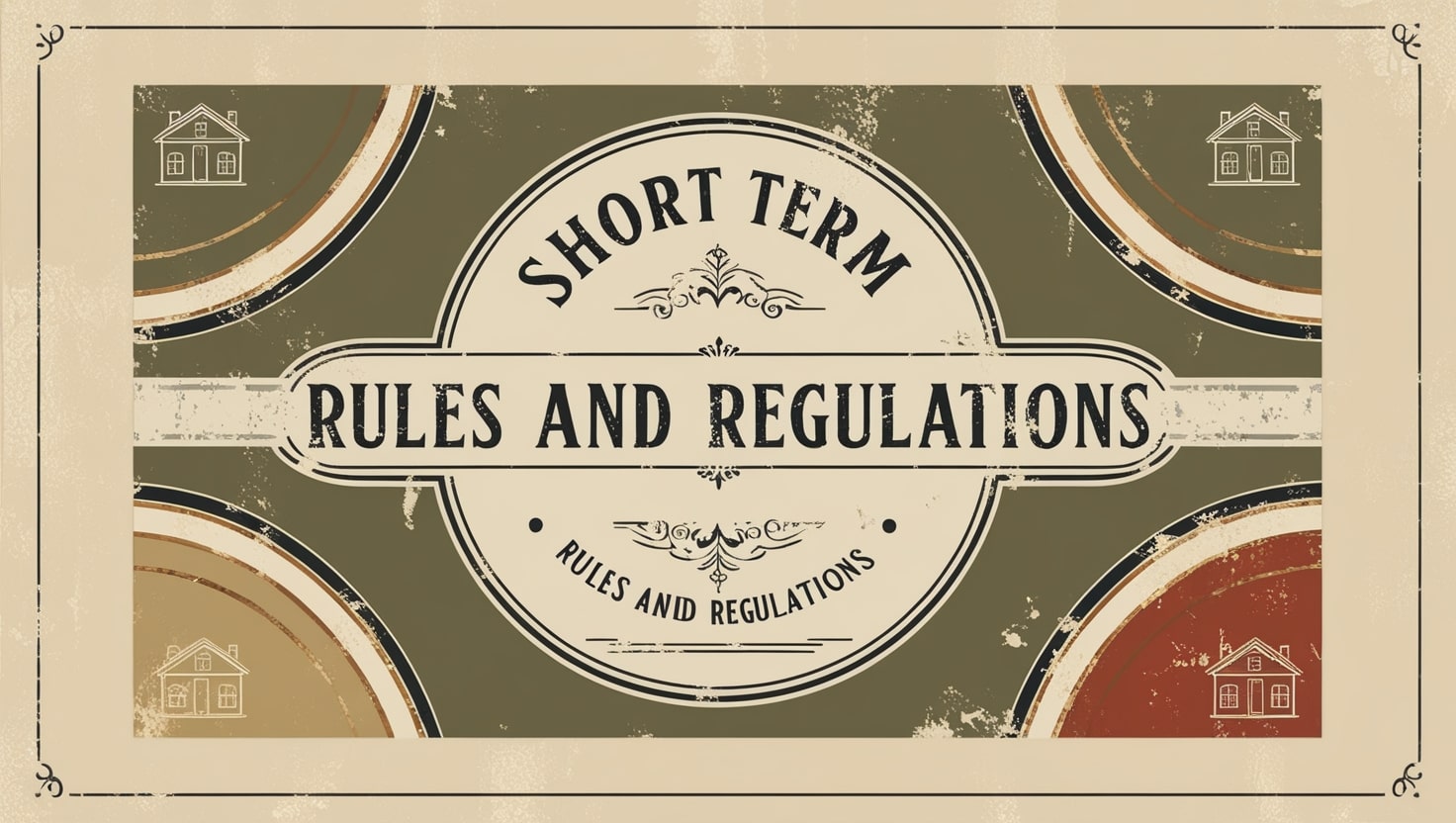Antwerpen, Belgium Airbnb Rules & Regulations
Last updated on: 4th July, 2025


Last updated on: 4th July, 2025

In Antwerp, Airbnb hosts need to navigate a complex landscape of regulations and responsibilities to operate legally and responsibly. Here's a brief overview of key regulations affecting Airbnb hosting in the city:
Antwerp follows the broader Flemish region's regulations established under the 2016 LogiesDecree, which applies to all tourist accommodations. This law mandates that hosts must notify local authorities about their intent to offer short-term accommodations. Registration is required to ensure compliance with safety, sanitation, and zoning standards.
Hosts are encouraged to implement robust health protocols, especially in light of public health concerns. This includes following guidelines provided by local health authorities and maintaining cleanliness in accommodations, which has been emphasized in partnerships with cleaning professionals like Ekoklean.
Income earned from hosting on Airbnb is subject to Belgian tax regulations. Hosts must be aware that income generated through short-term rentals is taxable and should be declared during annual tax filings. Tax rates are progressive and can range between 25% to 50%, depending on the income level, along with potential communal surcharges.
In addition to income tax, hosts may need to collect a tourist tax from guests, which varies by municipality. Antwerp, like other Belgian cities, imposes such a tax to fund local tourism initiatives.
Starting from January 2022, Airbnb and similar online platforms are legally required to report hosts' income and activity to the Belgian tax authorities, enhancing transparency and compliance.
Hosts should also ensure that their lease agreements allow for short-term rentals, as many housing contracts and community rules may restrict or prohibit subletting or hosting guests. Additionally, if hosts reside in subsidized housing, specific permissions must be obtained before listing accommodations on Airbnb.
Hosts are encouraged to obtain appropriate liability insurance to protect against damage or losses that may occur during a guest's stay. It is advisable to review homeowner's or renter's insurance policies to ensure adequate coverage is in place.
To stay informed on any changes in these regulations, hosts should regularly check local council updates and consult legal or tax professionals as necessary.